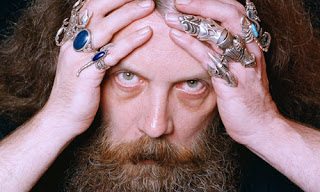Today’s post is by Jane Friedman, off of her site janefriedman.com on April 29, 2015. With Nanowrimo ending (Hooray and congrats to all who entered!) it is time to think of next steps. Jane’s post gives some really good advice on deciding if you need a literary agent, and then what steps to take.
~ * ~
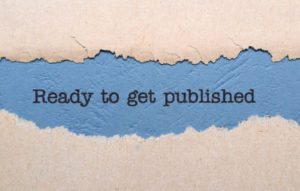 When writers ask me “Can you find me a literary agent?” they don’t realize it’s kind of like asking me “Can you find me the right spouse?” This is a research process and decision that’s best conducted by you. I think you’ll understand why by the end of this post.
When writers ask me “Can you find me a literary agent?” they don’t realize it’s kind of like asking me “Can you find me the right spouse?” This is a research process and decision that’s best conducted by you. I think you’ll understand why by the end of this post.
Understand Your Work’s Commercial Potential
There are different levels of commercial viability: some books are “big” books, suitable for Big Five traditional publishers (e.g., Penguin, HarperCollins), while others are “quiet” books, suitable for mid-size and small presses. The most important thing to remember is that not every book is cut out to be published by a New York house, or even represented by an agent; most writers have a difficult time being honest with themselves about their work’s potential. Here are some rules of thumb about what types of books are suitable for a Big Five traditional publisher:
- Genre or mainstream fiction, including romance, erotica, mystery/crime, thriller, science fiction, fantasy, young adult, new adult
- Nonfiction books that would get shelved in your average Barnes & Noble or independent bookstore—which requires a strong hook or concept and author platform. Usually a New York publisher won’t sign a nonfiction book unless it anticipates selling 10,000 to 20,000 copies minimum.
To better understand what sells, buy a subscription to PublishersMarketplace.com and study the deals that get announced. It’s a quick education in what commercial publishing looks like.
Also, check out Manuscript Wish List, where agents/editors specifically spell out what they’re looking for. It’ll keep you up on trends.
If your work doesn’t look like a good candidate for a New York house, don’t despair. There are many mid-size houses, independent publishers, small presses, university presses, regional presses, and digital-only publishers who might be thrilled to have your work. You just need to find them.
Decide If You Really Need a Literary Agent
In today’s market, probably 80 percent of books that the New York publishing houses acquire get sold by agents. Agents are experts in the publishing industry. They have inside contacts with specific editors and know better than writers what editors or publishers would be most likely to buy a particular work. Perhaps most important, agents negotiate the best deal for you, protect your rights, ensure you are paid accurately and fairly, and run interference when necessary between you and the publisher.
The best agents are career-long advisers and managers.
Traditionally, agents get paid only when they sell your work, and they receive a 15 percent commission on everything you get paid (your advance and royalties). It is best to avoid agents who charge fees other than the standard 15 percent.
So … do you need an agent?
It depends on what you’re selling. If you want to be published by one of the major New York houses (e.g., Penguin, HarperCollins, Simon & Schuster), then you more or less need to have one—and want one on your side.
If you’re writing for a niche market (e.g., vintage automobiles) or wrote an academic or literary work, then you might not need an agent. Agents are motivated to take on clients based on the size of the advance they think they can get. If your project doesn’t command a decent advance, then you may not be worth an agent’s time, and you’ll have to sell the project on your own.
Read the full post on janefriedman.com.
~ * ~
If you liked this article, please share. If you have suggestions for further articles, articles you would like to submit, or just general comments, please contact me at paula@publetariat.com
 At some point or other, any indie author must wonder how they really feel about Amazon.
At some point or other, any indie author must wonder how they really feel about Amazon.

 As part of our new #AskALLi weekly podcast we’re releasing popular
As part of our new #AskALLi weekly podcast we’re releasing popular 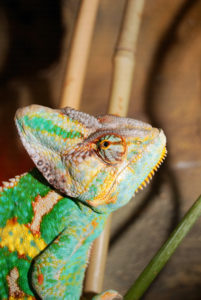 Today I’m talking with Australian author John Birmingham about his journey from the dizzying heights of the traditional publishing scene, to deciding to go indie and hybrid and his insights into how the publishing industry has changed. It’s an honest and really fascinating interview.
Today I’m talking with Australian author John Birmingham about his journey from the dizzying heights of the traditional publishing scene, to deciding to go indie and hybrid and his insights into how the publishing industry has changed. It’s an honest and really fascinating interview.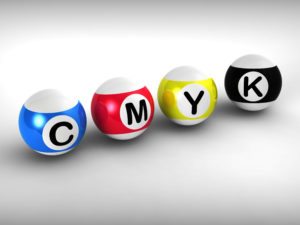 Over the past few months, we’ve talked about
Over the past few months, we’ve talked about  About three years ago, then-VP, Digital Content and GM of Barnes and Noble’s Nook Press division Theresa Horner sat down with GoodEReader at the Frankfurt Book Fair to discuss the state of the company, namely its self-publishing option and its ebook self-publishing platform. She posed the question as to what it would take to effectively compete with Amazon. Our response–which was not at all tongue in cheek–was for the retailer to stop banning indie authors’ books from brick-and-mortar stores. If Nook Press had developed a viable print-on-demand option and then told authors there was even a possibility of seeing their titles in their local bookstore on the condition that they pulled their books from Amazon’s exclusive KDP Select program, authors would have jumped at the chance.
About three years ago, then-VP, Digital Content and GM of Barnes and Noble’s Nook Press division Theresa Horner sat down with GoodEReader at the Frankfurt Book Fair to discuss the state of the company, namely its self-publishing option and its ebook self-publishing platform. She posed the question as to what it would take to effectively compete with Amazon. Our response–which was not at all tongue in cheek–was for the retailer to stop banning indie authors’ books from brick-and-mortar stores. If Nook Press had developed a viable print-on-demand option and then told authors there was even a possibility of seeing their titles in their local bookstore on the condition that they pulled their books from Amazon’s exclusive KDP Select program, authors would have jumped at the chance. When I finished my latest book, Finding Travis, a time travel story, I sent it out to beta readers and prepared to self-publish as I always do. But then a friend began broadcasting the news that she had entered her latest book in the Kindle Scout program and was looking for nominations. I remembered that another friend had entered his book in the program months ago, and had won the coveted publishing contract with Amazon. Because I really, really liked this new book of mine, and because I had built up quite a decent fan base, I decided to try Kindle Scout for myself.
When I finished my latest book, Finding Travis, a time travel story, I sent it out to beta readers and prepared to self-publish as I always do. But then a friend began broadcasting the news that she had entered her latest book in the Kindle Scout program and was looking for nominations. I remembered that another friend had entered his book in the program months ago, and had won the coveted publishing contract with Amazon. Because I really, really liked this new book of mine, and because I had built up quite a decent fan base, I decided to try Kindle Scout for myself.
 4 May 2016
4 May 2016 By Jody Hedlund
By Jody Hedlund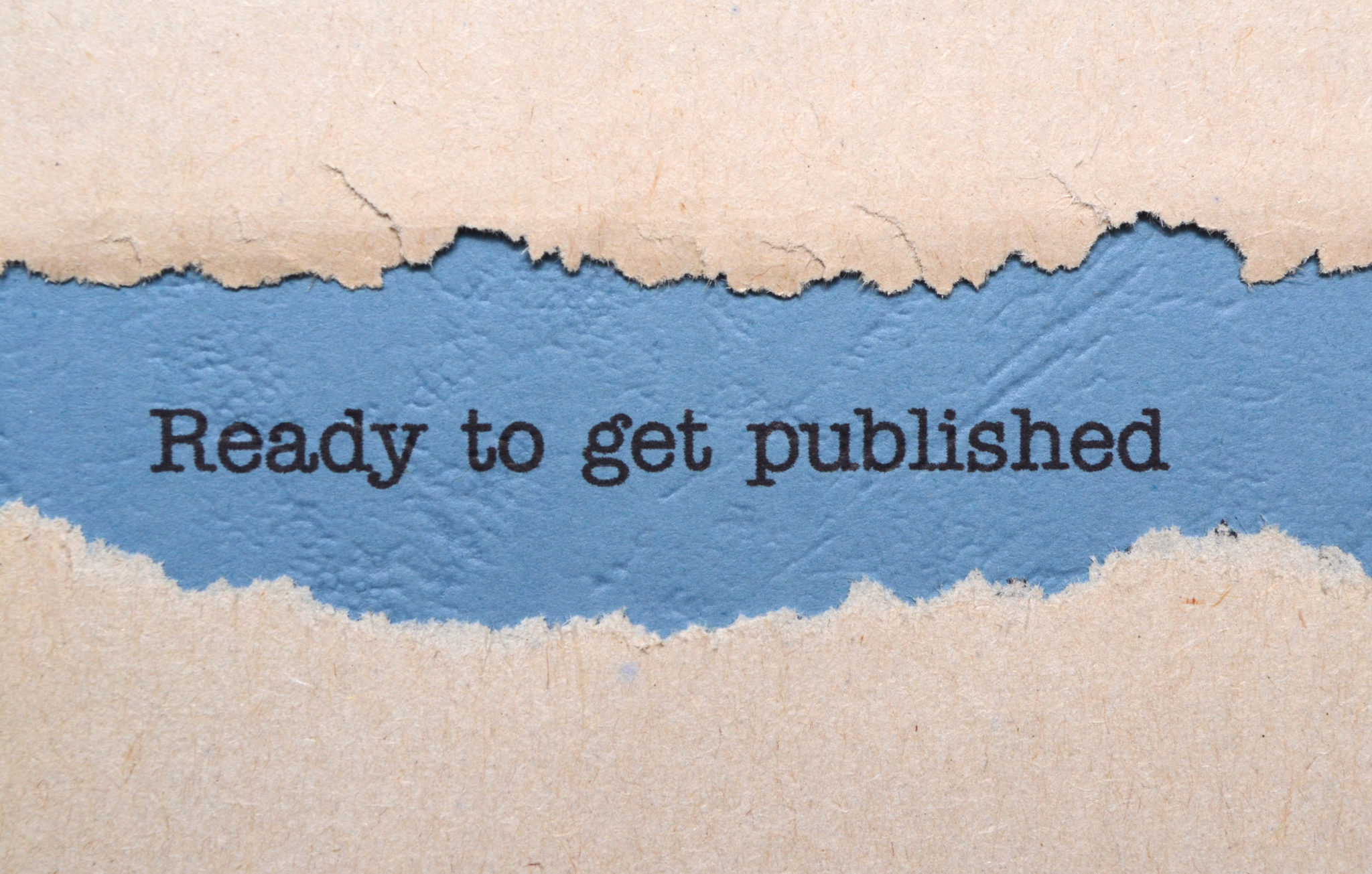
 T
T
 consciousness in order to foment class warfare. Unfortunately, of course, Obama and Sanders are right, and my schoolteachers were wrong. And while class disparity manifests in all sectors of society, for those who seek careers in literature, class differences have a huge impact on who gets hired and who gets published. This, in turn has a real effect on the portrayal of class in literature, and in media depictions of the writer’s life.
consciousness in order to foment class warfare. Unfortunately, of course, Obama and Sanders are right, and my schoolteachers were wrong. And while class disparity manifests in all sectors of society, for those who seek careers in literature, class differences have a huge impact on who gets hired and who gets published. This, in turn has a real effect on the portrayal of class in literature, and in media depictions of the writer’s life.